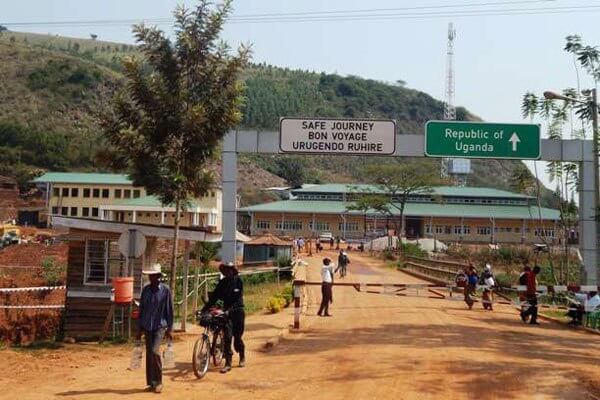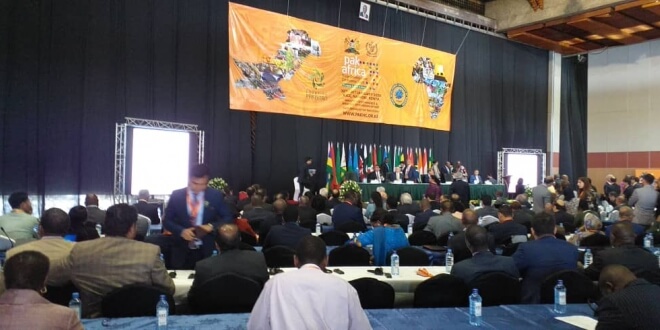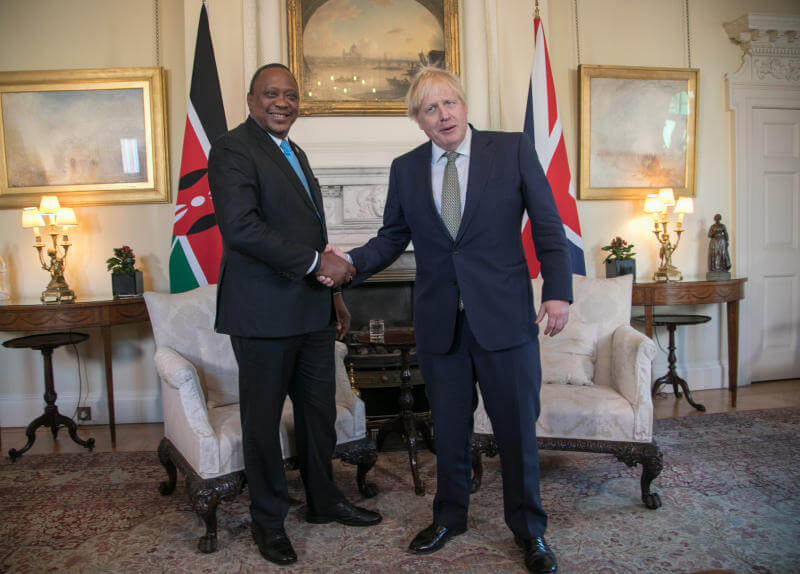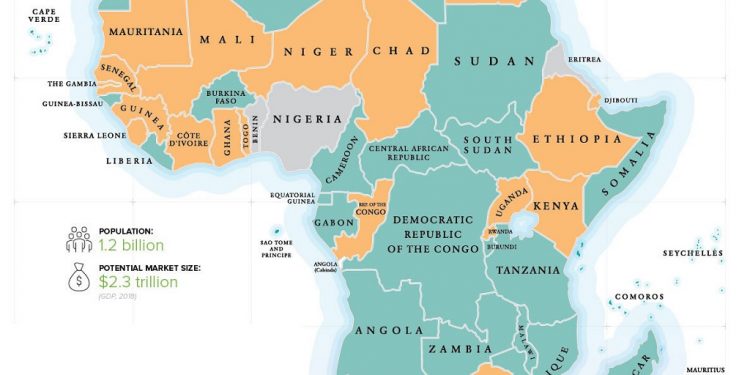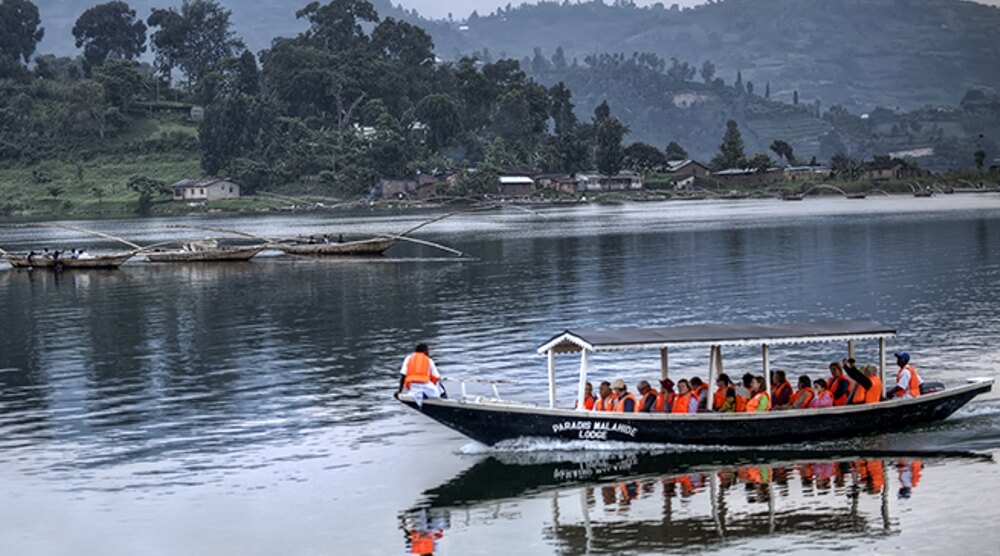Government has listed priority areas to energise the economy in financial year 2020/2021 against the backdrop of widening trade deficits and local revenue gaps. In its report on the Budget Framework Paper presented by the Committee on Budget, MPs warned of a growing trade deficit. The report blames the decline on trade wars with Kenya and the closure of Uganda’s border with Rwanda which has frustrated commercial activities. Tanzania, which has always shown cold shoulders to East African Community economic integration projects, has also been singled out. Victoria University “…[T]he trade surplus with EAC slowed down in the FY 2018/2019 compared to FY 2017/2018 mainly on account of existence of non-tariff barriers in some of the partner states – most especially in Tanzania,” partly reads the report. It continues: “the temporary closure of Uganda-Rwanda border and the decline in agricultural exports such as beans and maize to the region has also affected trade.” In figures, Uganda’s trade deficit has shot from $2.4 trillion to $3.7 trillion, an increase of $1.2 trillion (about Shs4.4 trillion). In recent months, Kenya has banned Uganda’s milk from its market and levied prohibitive taxes on poultry products from Uganda, a protectionist response to demands from local farmers to bar Ugandan products from their market. Rwanda, on the other hand, has maintained a closed border with Uganda, and an expected rise in global oil prices, noted the Committee, will worsen the economic situation, as government largely relies on petroleum imports to fuel the economy. To address...
Rwanda, Kenya trade wars throw Uganda in Shs4.4trn trade deficit
Posted on: February 3, 2020
Posted on: February 3, 2020

